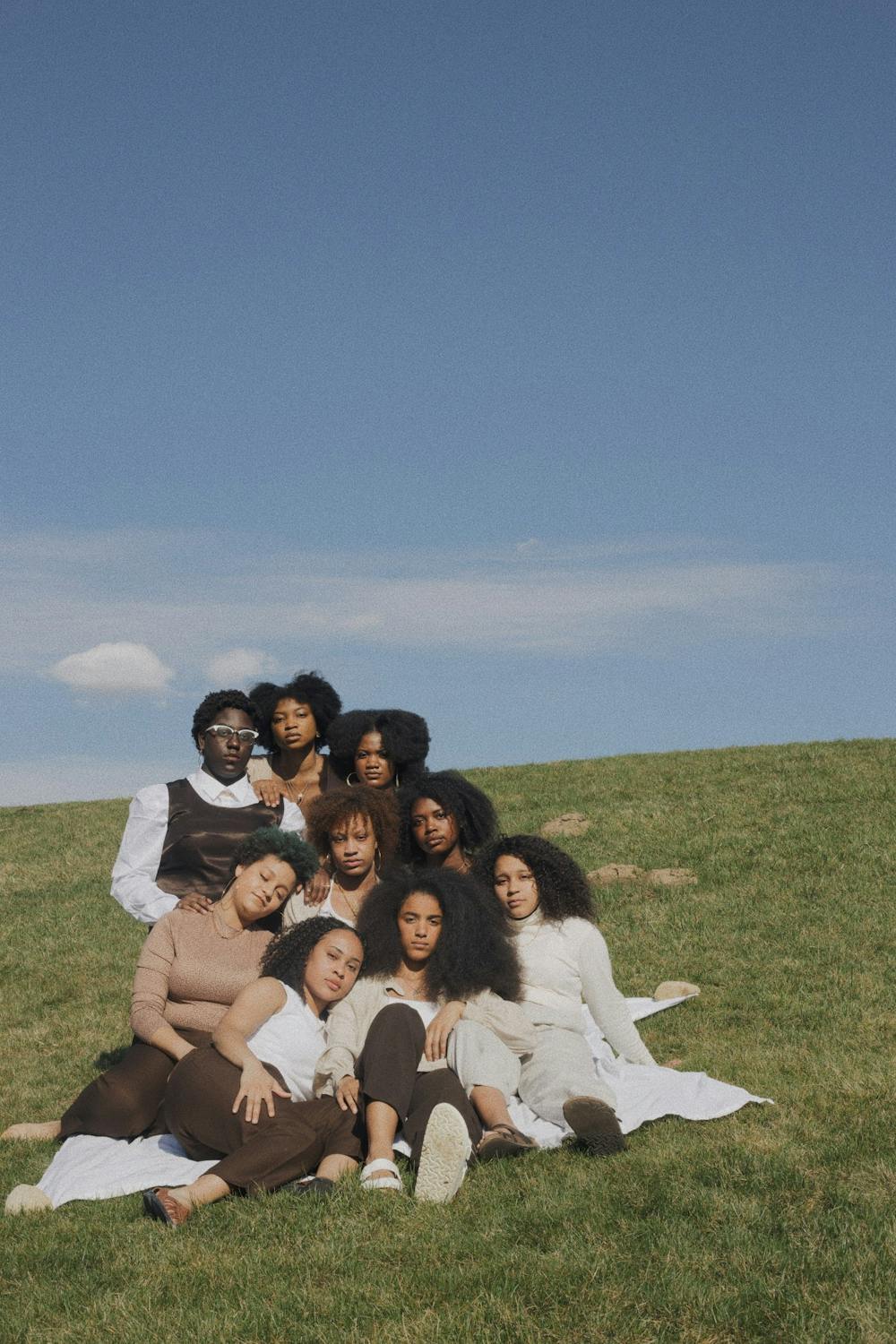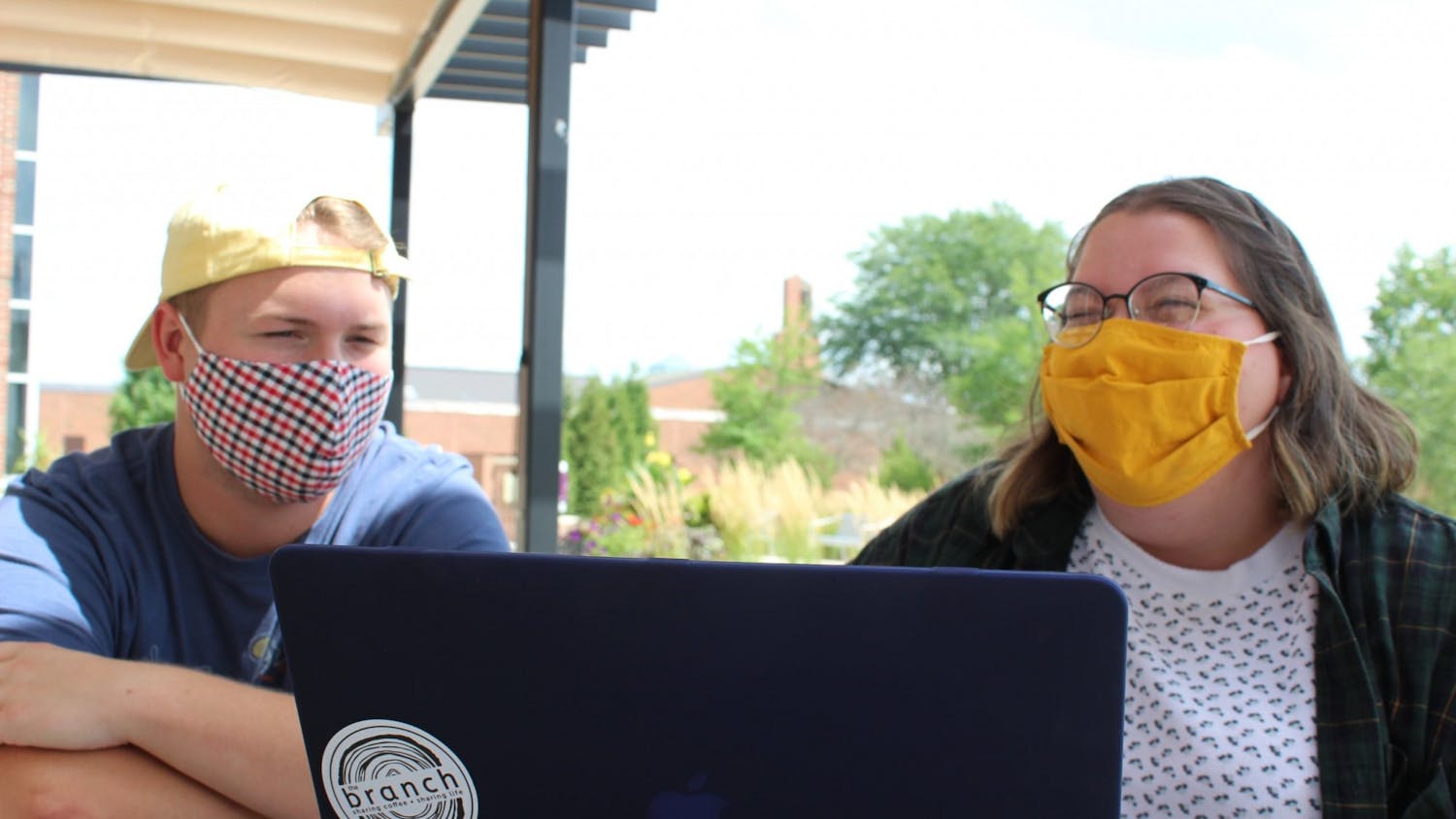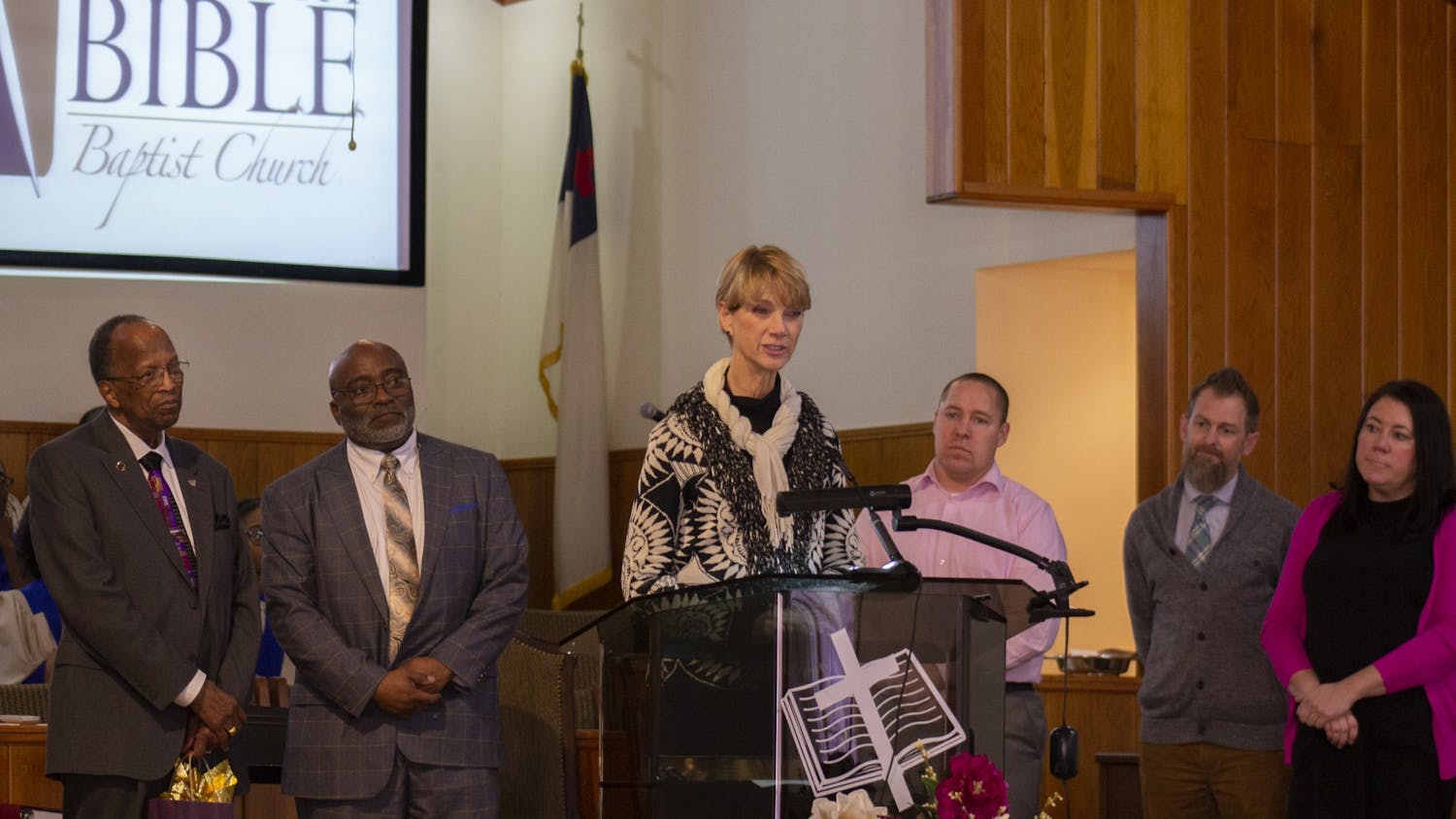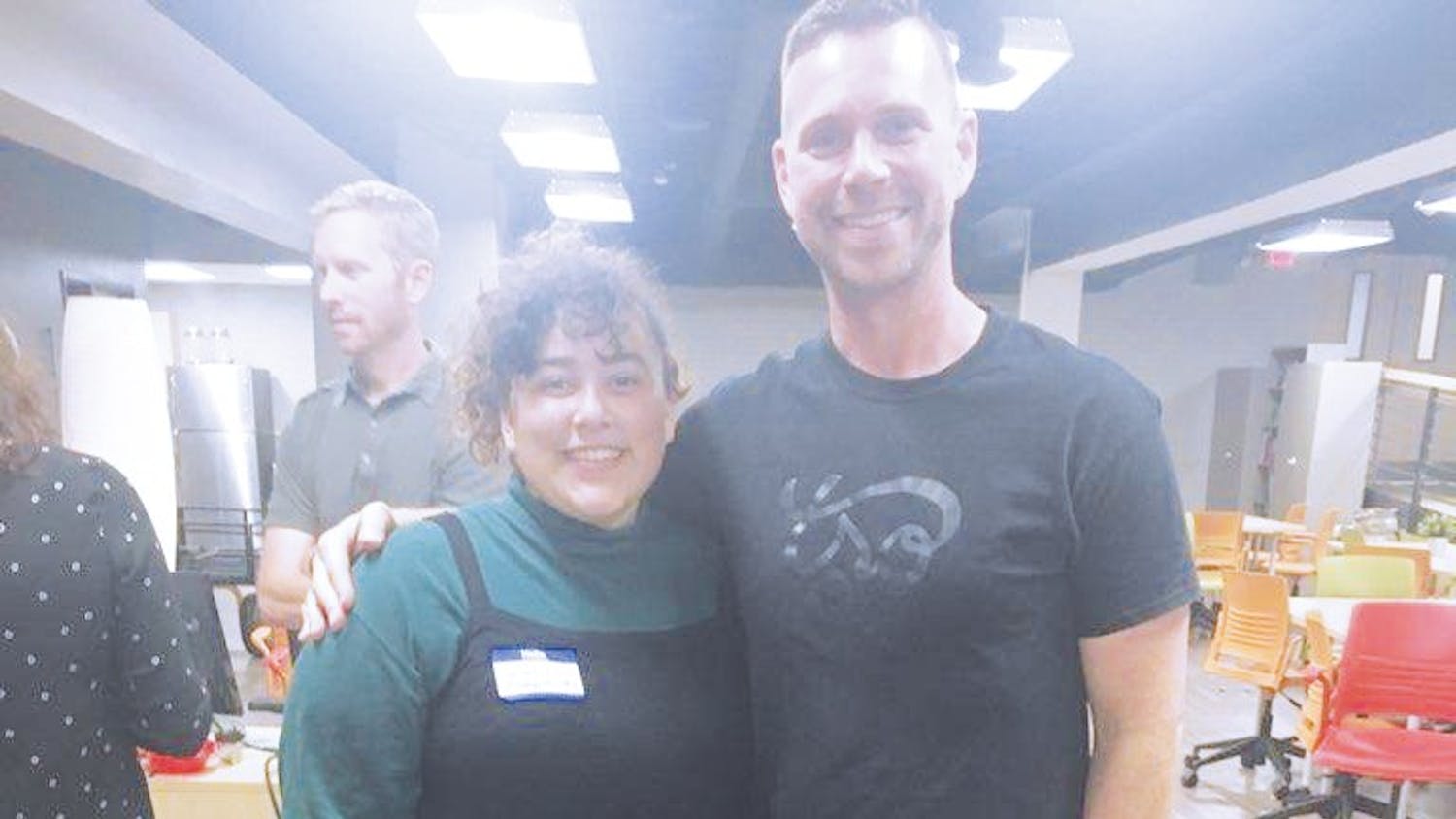What does it mean to be black at a predominantly white institution (PWI)?
For some, it means bearing the responsibility of others’ ignorance.
“I’m constantly tired,” freshman Roneisha Jackson said. “I’m constantly teaching, I’m constantly biting my lip.”
For others, it means feeling like a number, a statistic — an individual who is included only because of the diversity they bring to campus.
For most, it means stepping into a space where the overwhelming majority of campus looks, acts and operates differently. It means sticking out like a sore thumb while simultaneously being overlooked. It means living with labels and stereotypes that others aren’t given, as a result of something as simple as skin.
But what it means for one individual to be black at a PWI is not what it means for another. Each person has unique stories and experiences that cannot, and should not, be viewed as one collective story or experience. To view them as such would be both ignorant and unjust.
“My voice is not the voice for all Black people — these are my experiences, and it’s my perspective,” freshman Vernice Austin said. “Other Black people here on campus may have different perspectives.”
However, there are similarities in these stories. There are common sentiments of not belonging, of unfair compromise or of little representation.
These similar experiences should be a reason to pause.
They should be a reason to stop — mid-movement — and recognize the reality of the situation at hand.
“To some extent, I feel like my voice may be diminished because I do not see a lot of representation of my skin color or of my cultural values,” sophomore Israel Ailemen said.
“Some of your cultural values and traditions (you) will probably have to give up,” Jackson said. “A lot of people don’t want to celebrate them (and) a lot of people don’t want to embrace them.”
“It definitely feels like they don’t represent us enough or (acknowledge us) enough,” sophomore Lance Harris said. “Not because Taylor doesn’t want to recognize (us), but because they don’t choose to recognize (us).”
“If I could change things, a lot of people who look like me would not feel alone — they would feel like everybody else,” Austin said. “I would go out of my way to make sure they were included; I would go out of my way to make sure their voices heard.”
Are the individual stories heard? Are the common threads binding them together recognized?
Individuals who cannot identify with what it means to be a Black person at a PWI should be proactive about engaging and listening to these individual stories, while acknowledging the common threads that run through many of them.
Listen to a friend’s experience, but recognize that their narrative represents societal flaws much greater than the individual.
Then, after fully listening and acknowledging, act.
Stand with Black brothers and sisters whose voices are often muffled, and whose experiences at institutions like Taylor are often more difficult than is obvious at first glance. Invite them to the table and listen as they share their realities.
The threads of commonality will bring to light solutions as well as struggles.
“Ask us to get more involved, ask for our ideas, reach out to us (and) see what’s on our mind,” Harris said. “Let’s see how we can throw a little Black on the table.”
“We would like to be included or be treated (just like any) other person,” Ailemen said. “We are individuals (too) — we’re very cool people.”
“Don’t be afraid to have relationships,” Jackson said. “Don’t be afraid to have relationships with people who think differently than you and who come from different places than you.”
“This intentional community that we talk about — we need to be about it,” Austin said. “We need to try to have friends that are a part of different cultures; we need to put in the effort to make friends that are different.”
Black voices are valid. Their experiences are real. Their stories are worthy of acknowledgement.
There is beauty in engaging one another’s lived-out experiences with honesty and humility. There is beauty in acknowledging the brokenness and moving forward together. There is beauty in the hard conversations, uncomfortable stories and delayed apologies.
Alongside the broken moments, there are ones that hold great beauty.
“It’s encouraging when I can sit down with people on my floor and we can acknowledge the fact that we’re very different people,” Jackson said. “Moments like that — embracing each other’s differences (and) understanding that God has created you in his image, and he has created me in his image — those are what keep me afloat.”
Nevertheless, the beautiful moments don’t discount the broken ones.
Those who don’t know what it means to be black at a PWI are asked only to listen. To acknowledge and not assume, to learn and not label.
And for those who do know what it means to be in that minority?
Continue to share hard stories with boldness.
Only from these stories will others learn what it means to be black at a PWI.





